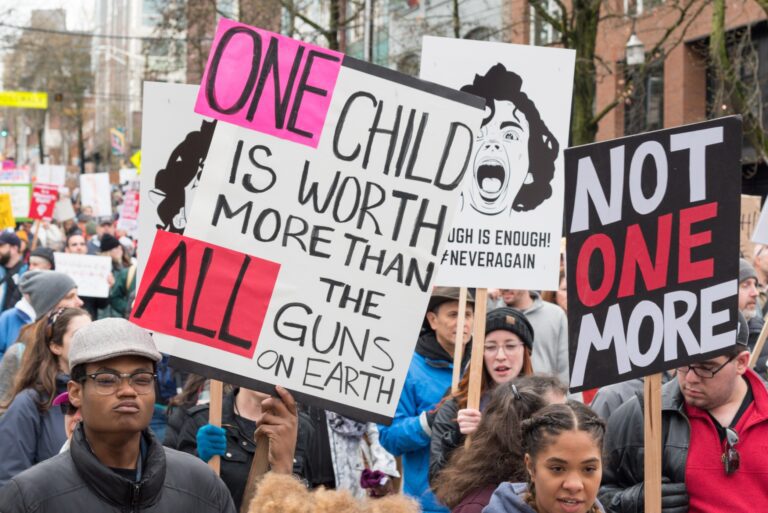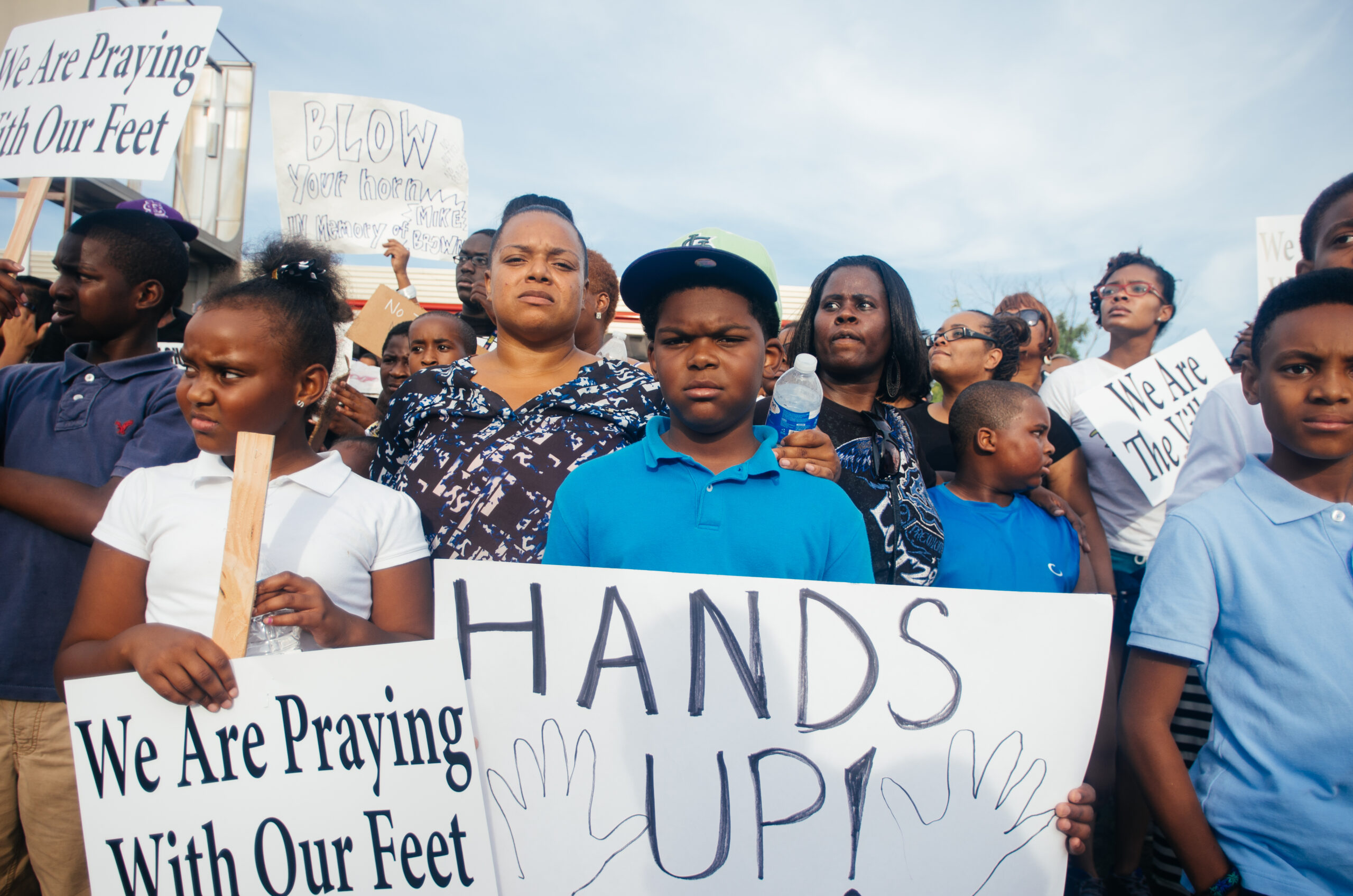YOUR CART
- No products in the cart.
Subtotal:
$0.00
BEST SELLING PRODUCTS
Raising a conscious child means raising one who really understands themselves and the world around them. We provide below a suggestive list of reading materials and information to help kids of all ages begin the path to nonviolent conscious living. Included is information for parents and educators.
Parenting for a Peaceful World. By Robin Grille. Reveals how children adapt to and are influenced by different parenting styles and how safeguarding their emotional development is the key to creating a more peaceful, harmonious, and sustainable world.
Center for Conscious Kids. Online source for connecting families with environmentally, socially, or spiritually-conscious companies and organizations that support their needs and values.
CooperaTiVa: Facilitation Guide for Effective Conflict Resolution. Guide to help the high school teacher/facilitator better understand and explore topics such as overcoming stereotypes and prejudices, and transforming conflict, along with a series of workshops exploring these topics with their students. (Free PDF)
Facing History and Ourselves. Educational and professional development organization to engage students of diverse backgrounds in an examination of racism, prejudice, and antisemitism in order to promote the development of a more humane and informed citizenry.
Learning the Way of Peace: A Teacher’s Guide to Peace Education. By United Nations Educational, Scientific and Cultural Organization, New Delhi (2001). Initially produced to introduce Peace Education to schools in South Asia. (Free PDF)
PBS Transformative Teachers. Designed to equip educators with tools and methods for fostering resilience and ethical leadership skills among young people.
The Class of Nonviolence. An eight session class developed by Colman McCarthy, founder of the Center for Teaching Peace in Washington, D.C. It uses classics in peace and justice literature to teach peacemaking. (Free PDF)
The Restorative Schools Vision Project. Teaches a restorative process that combines the best of Restorative Justice, Social Emotional Learning, and Narrative Practices (separating the person from the problem).
Teaching Tolerance. Free resources from film kits and lesson plans to the building blocks of a customized Learning Plan—texts, student tasks and teaching strategies.

All Are Welcome. By Alexandra Penfold. Celebrates diversity and gives encouragement and support to all kids. (Ages 4-8 years)
I am Gandhi (Ordinary People Change the World). By Brad Meltzer. Indian social activist who gained independence for India and inspired civil rights movements around the world. (Age 5-8 years)
I am Jane Goodall (Ordinary People Change the World). By Brad Meltzer. The scientist and conservationist who is famous for her work with chimpanzees. (Age 5-8 years)
I am Helen Keller (Ordinary People Change the World). By Brad Meltzer. Social activist who was deaf and blind (from childhood in the late 1800s) who advocated for people with disabilities. (Age 5-8 years)
I am Martin Luther King, Jr. (Ordinary People Change the World). By Brad Meltzer. American religious leader and social activist who led the civil rights movement in the U.S. in the 1950s and 1960s. (Age 5-8 years)
I am Sacagawea (Ordinary People Change the World). By Brad Meltzer. Native American female trailblazer in the 1800s. (Age 5-8 years)
Malala’s Magic Pencil. By Malala Yousafzai and Kerascoët. Pakistani activist for female education. A real modern-day superhero, who has shown us that there is magic in being fearless, kind, and resilient. Her incredible life story is rendered in a powerful picture book. (Ages 4-8 years)
The Butter Battle Book. By Dr. Seuss. Explains how small differences can grow into larger disagreements that, in turn, can escalate into potential destruction. (All ages)
The Name Jar. By Yangsook Choi. Korean illustrator Yangsook draws on personal experience and creates empathy for the immigrant experience in America. (Ages 3-7 years)
Last Stop on Market Street. By Matt de la Peña. Observant young CJ is full of questions. Rather than tell CJ about what community means, his grandmother shows him that he’s a part of it, on a vibrant bus journey across town. Appreciating diversity; perspective-taking; and social engagement. (Ages 3-5 years)
Each Kindness. By Jacqueline Woodson. Chloe and her friends won’t play with the new girl, Maya. Strong anti-bullying message. Touches on empathy, perspective-taking, and respect for others. (Ages 5-8)

![]() It’s important to be aware of what’s going on in the world and to think about how you can start to make a difference, even when you’re a kid.
It’s important to be aware of what’s going on in the world and to think about how you can start to make a difference, even when you’re a kid.
– Anonymous
Receive email updates or text alerts for urgent news and events in your area.
Even if you're already on our email list, submit your phone, email and zip to connected. And if you're not already on our list... what are you waiting for!